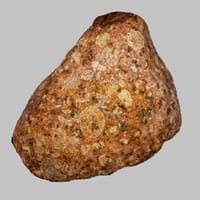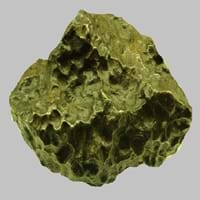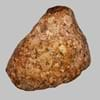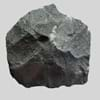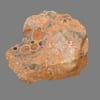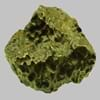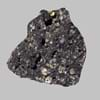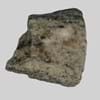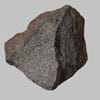Rapakivi Granite and Epidosite Types and Facts
Types
Igneous Protolith Granite, Sedimentary Protolith Granite, Mantle Granite, Anorogenic Granite and Hybrid Granite
Alkaline Basalt, Boninite, High Alumina Basalt, Mid Ocean Ridge Basalt (MORB), Tholeiitic Basalt, Basaltic trachyandesite, Mugearite and Shoshonite
Features
Available in Lots of Colors and Patterns, It is One of the Oldest, Strongest and Hardest Rock
Has High structural resistance against erosion and climate, Very fine grained rock
Archaeological Significance
Famous Monuments
Data Not Available
Data Not Available
Famous Sculptures
Data Not Available
Data Not Available
Pictographs
Not Used
Used
Petroglyphs
Not Used
Used
Types of Rapakivi Granite and Epidosite
Some rocks according to their use or texture are classified into different types. Know more about Rapakivi Granite Texture and Epidosite Texture. Types of Rapakivi Granite are Igneous Protolith Granite, Sedimentary Protolith Granite, Mantle Granite, Anorogenic Granite and Hybrid Granite whereas the types of Epidosite are Alkaline Basalt, Boninite, High Alumina Basalt, Mid Ocean Ridge Basalt (MORB), Tholeiitic Basalt, Basaltic trachyandesite, Mugearite and Shoshonite.During historic times, some rocks depending on their hardness were used to create Pictographs and Petroglyphs. Rocks which are hard were generally not used. Pictographs are paintings or drawings that have been placed or created on the surface of rock. Rapakivi Granite was not used to create pictographs whereas Epidosite is used to create pictographs. Petroglyph is an image which is carved into a rock. These are images created by removing part of a rock surface by incising, picking, carving or abrading, as a form of rock art. Rapakivi Granite was not used to create petroglyphs whereas Epidosite was used to create petroglyphs.
